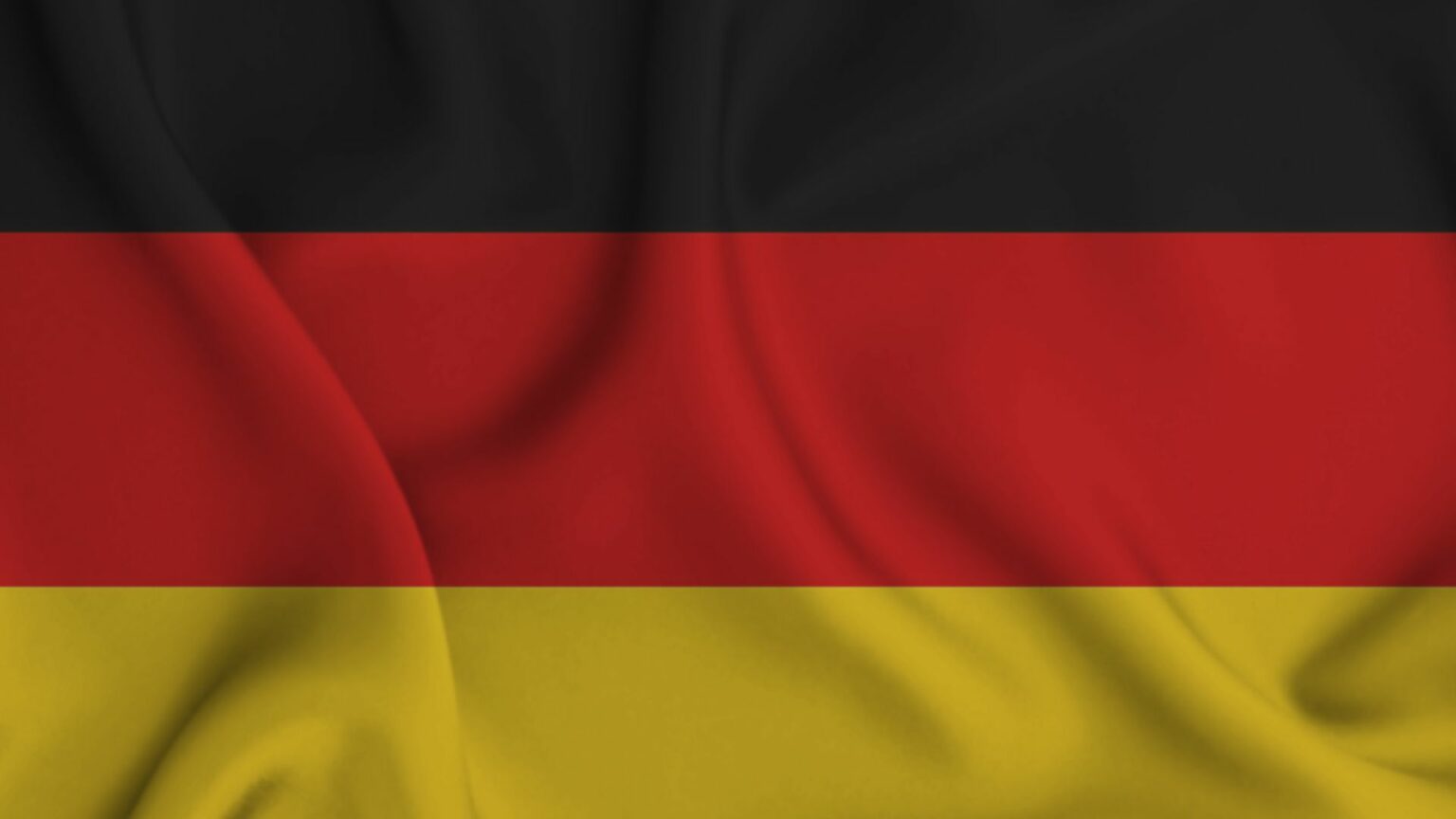Germany’s Power-to-X Development Fund has unveiled a significant €270 million grant opportunity aimed at enhancing hydrogen production in select countries, including Morocco, South Africa, Brazil, Egypt, Georgia, India, and Kenya.
This initiative, launched in 2023 and supported by the German Ministry of Economic Cooperation and Development, represents a crucial step toward advancing green hydrogen industries globally.
The grant, provided as non-repayable funds, seeks to bolster project profitability and facilitate additional financing options for industrial ventures focused on hydrogen. With an application deadline set for March 1, interested parties are invited to submit proposals outlining projects that meet specific criteria under the program, with the potential to secure grants of up to €30 million euros.
Thomas Engelmann, head of PtX, emphasizes the fund’s commitment to supporting projects exceeding €100 million euros, particularly those driving innovation in industries heavily reliant on hydrogen, such as ammonia, methanol, synthetic fuels, and various chemical processes powered by renewable electricity.
The funding scope spans various stages of the PtX value chain, including renewable energy production, electrolysis, compression, storage, and hydrogen transport. Engelmann highlights plans to distribute funds across eight to ten projects over multiple submission rounds, with investments slated from 2024 to 2027.
Morocco, along with other designated beneficiary countries, has been actively welcoming investments in green hydrogen, recognizing its potential for cost-effective green fuel production. Reports indicate significant plans for green hydrogen and solar panel investments in Africa, highlighting the continent’s potential to become a key player in the global hydrogen market.
As the world transitions toward more sustainable energy practices, the demand for green hydrogen is expected to rise exponentially. The European Investment Bank estimates Africa’s capacity for green hydrogen production to represent a 1 trillion-euro investment opportunity, with projections suggesting the continent could achieve an annual production capacity of 50 million tonnes by 2035 at a highly competitive price of $2 per kilogram or less.
